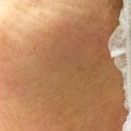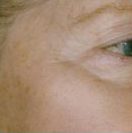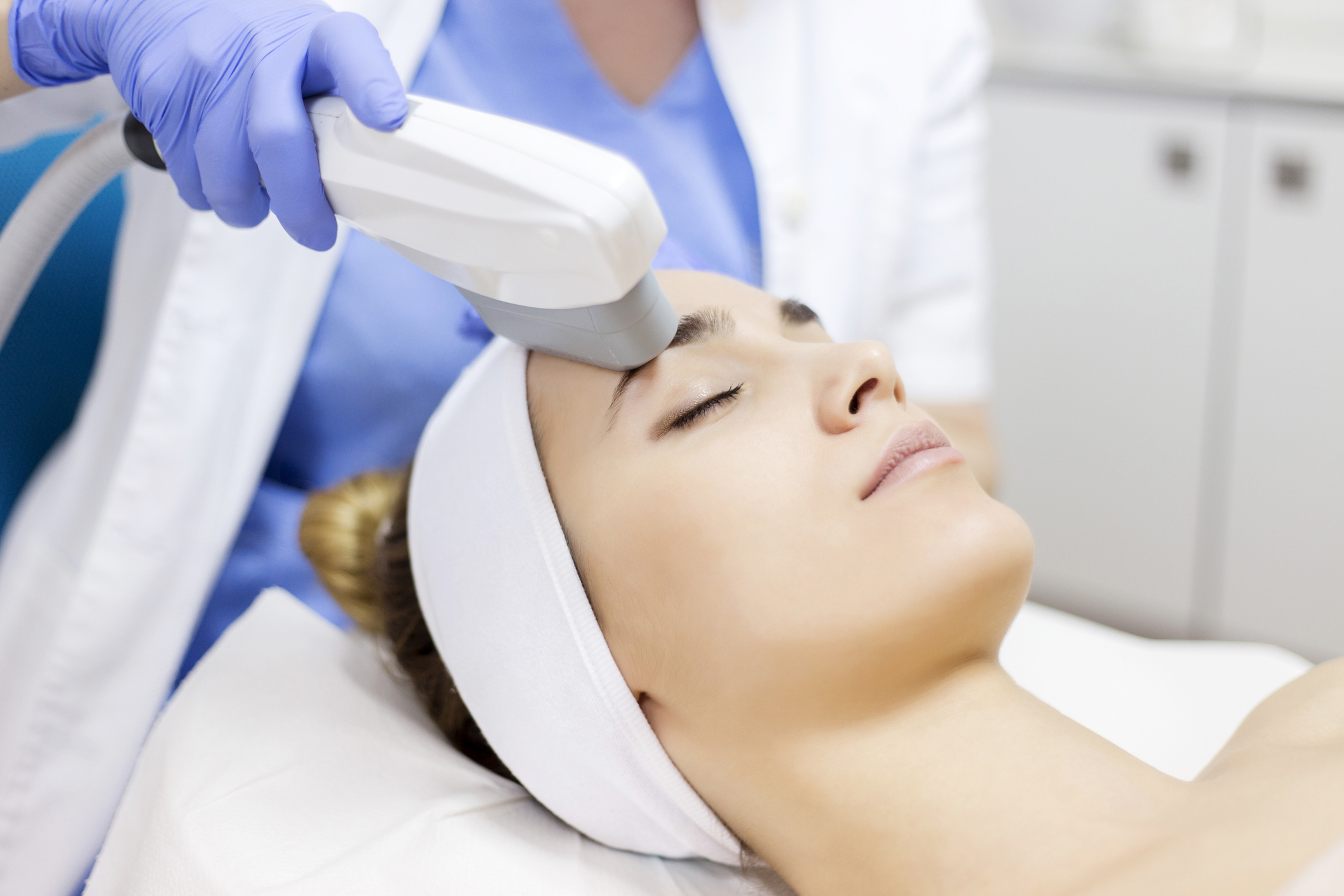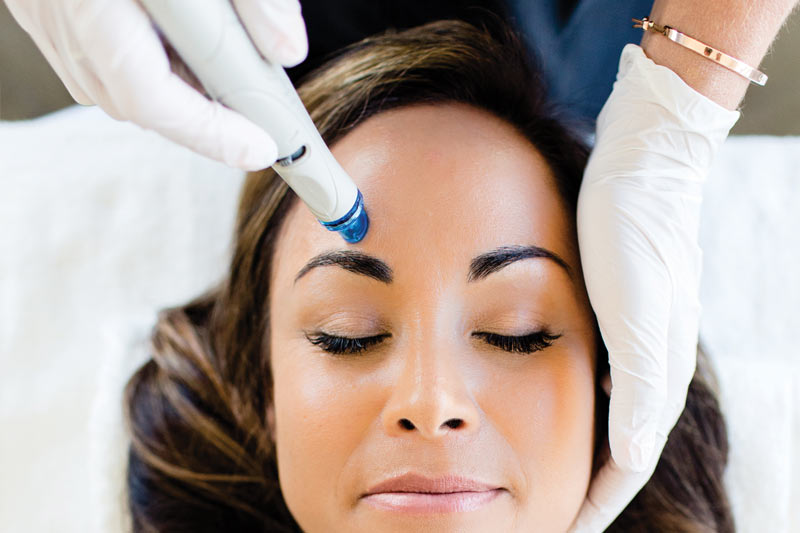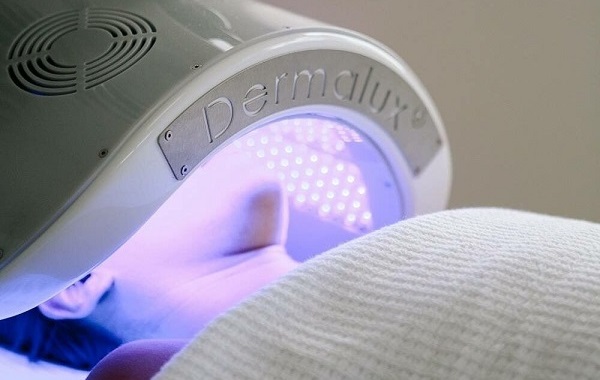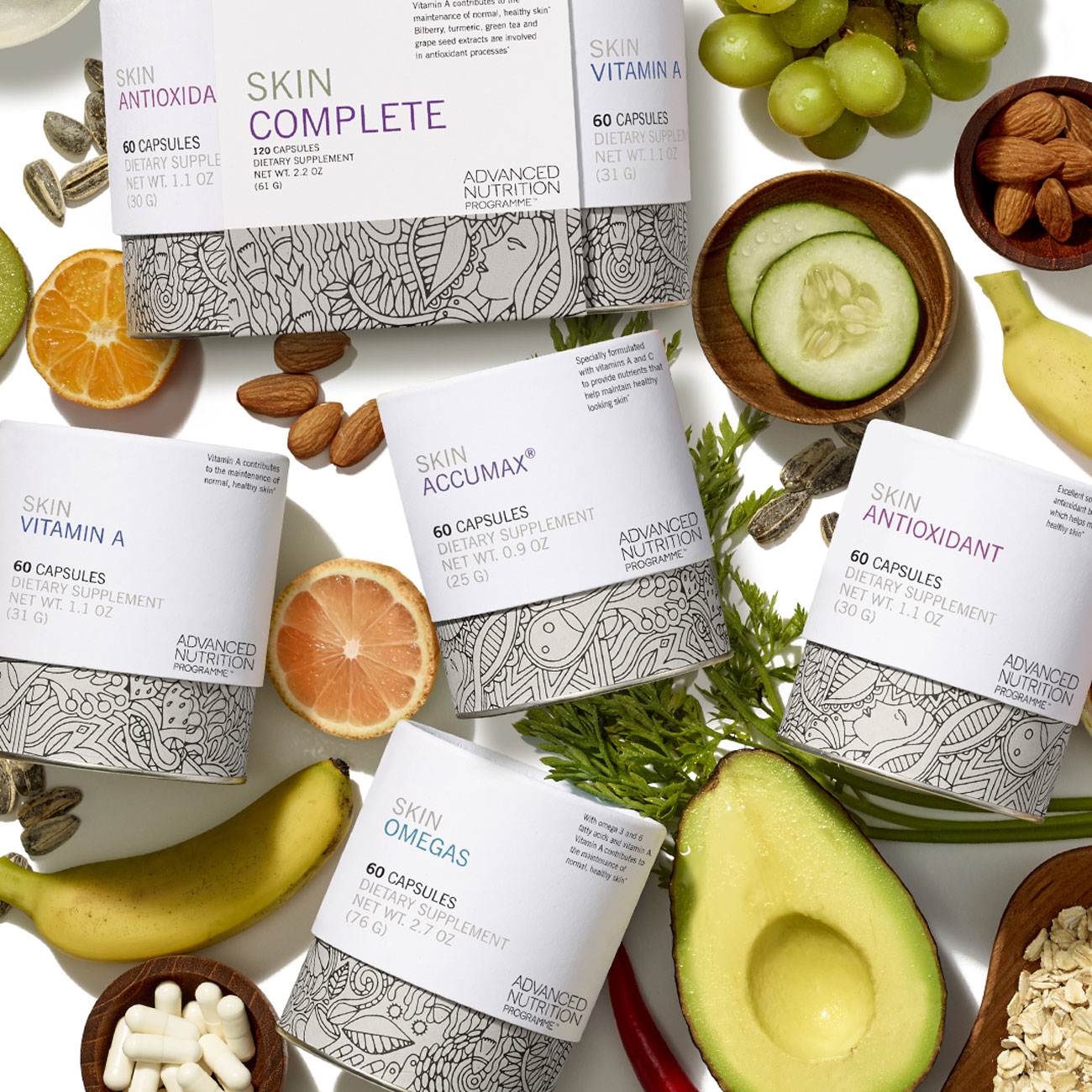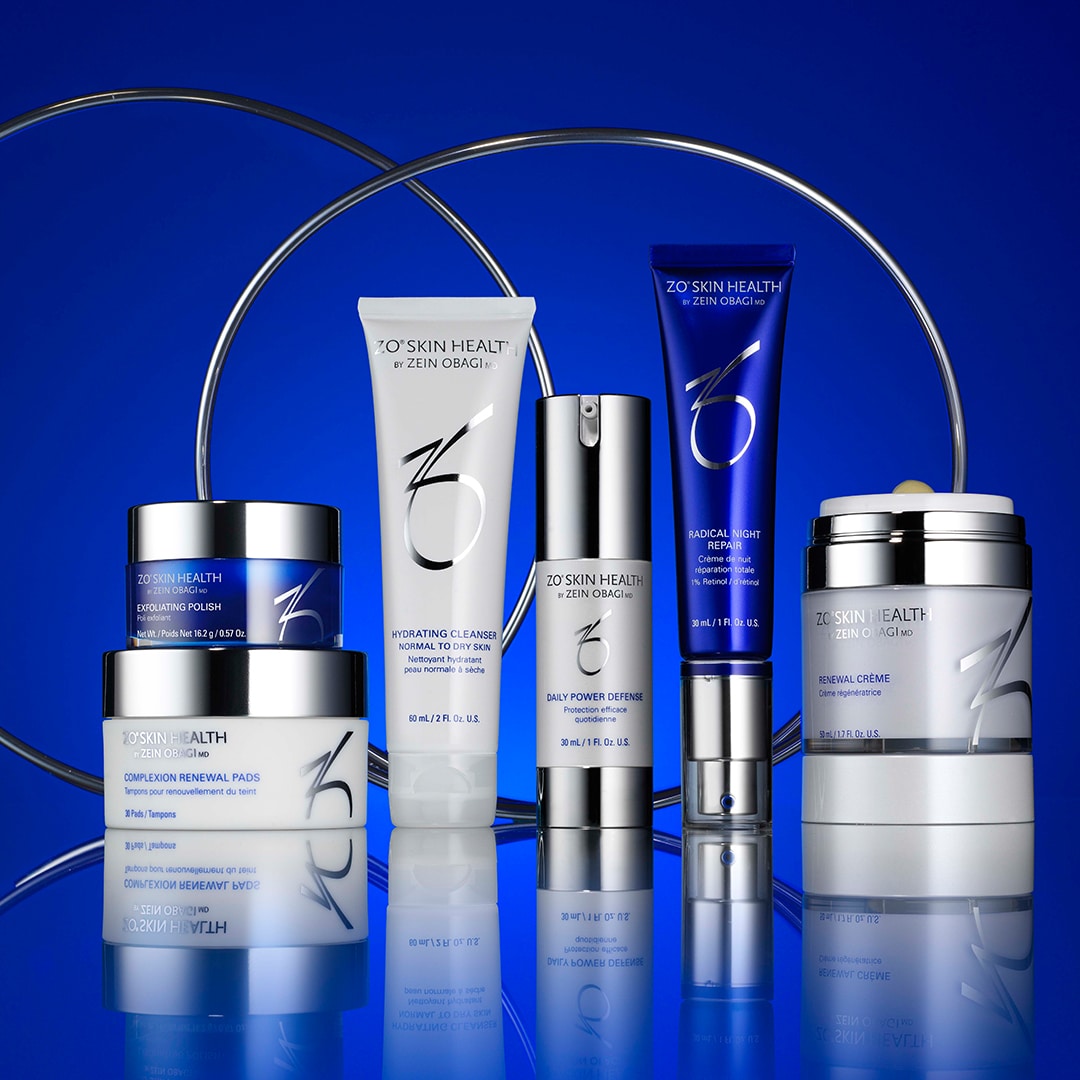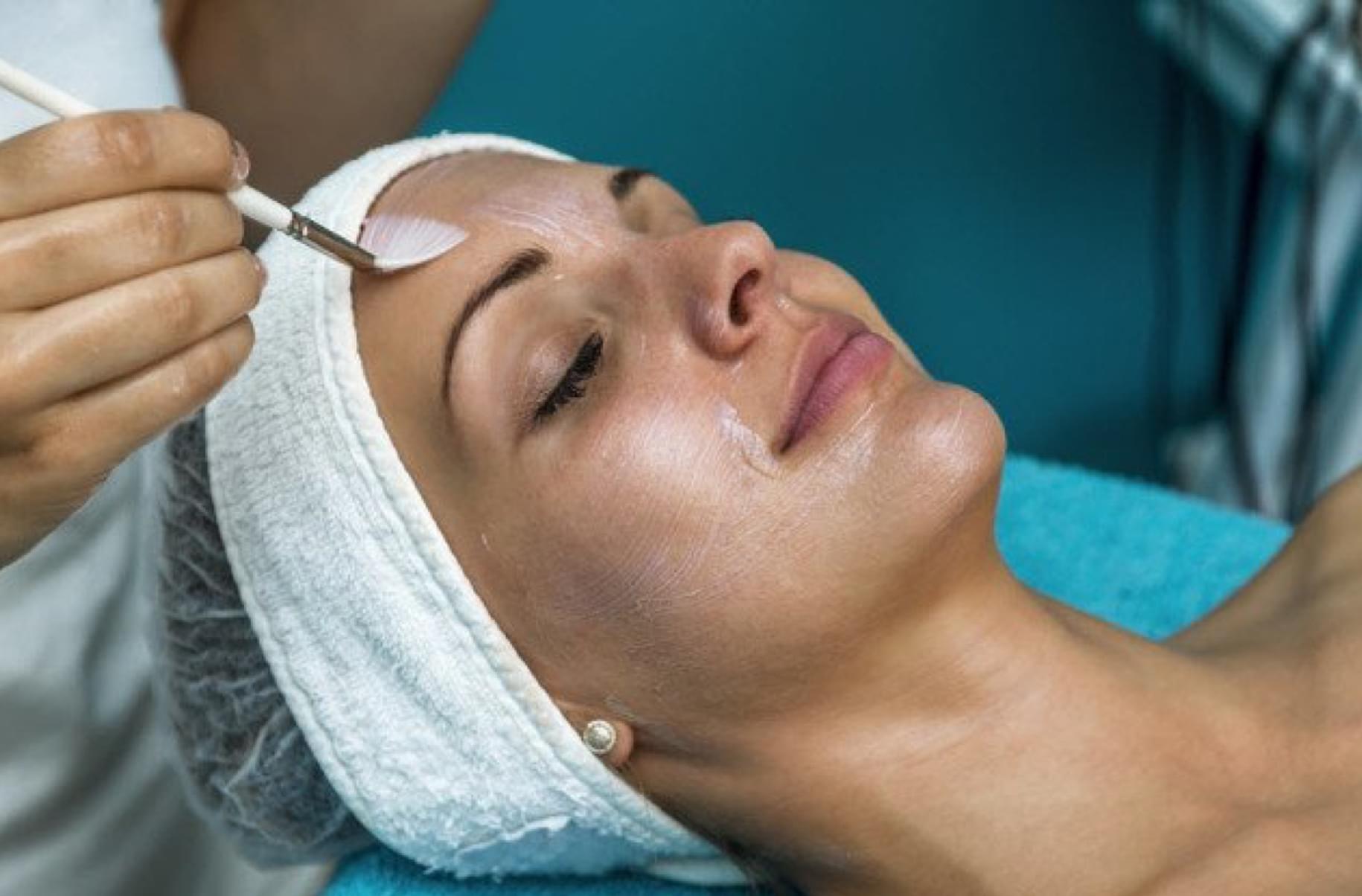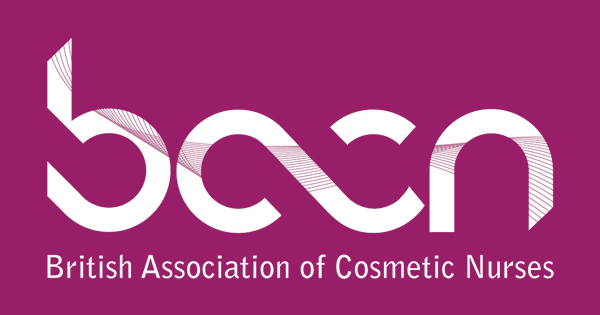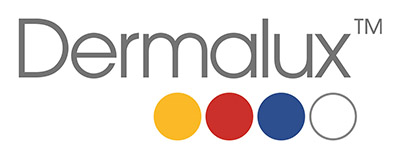Pigmentation and Hyperpigmentation
Reverse the signs of pigmentation and hyperpigmentation today for a more even-toned, radiant complexion.
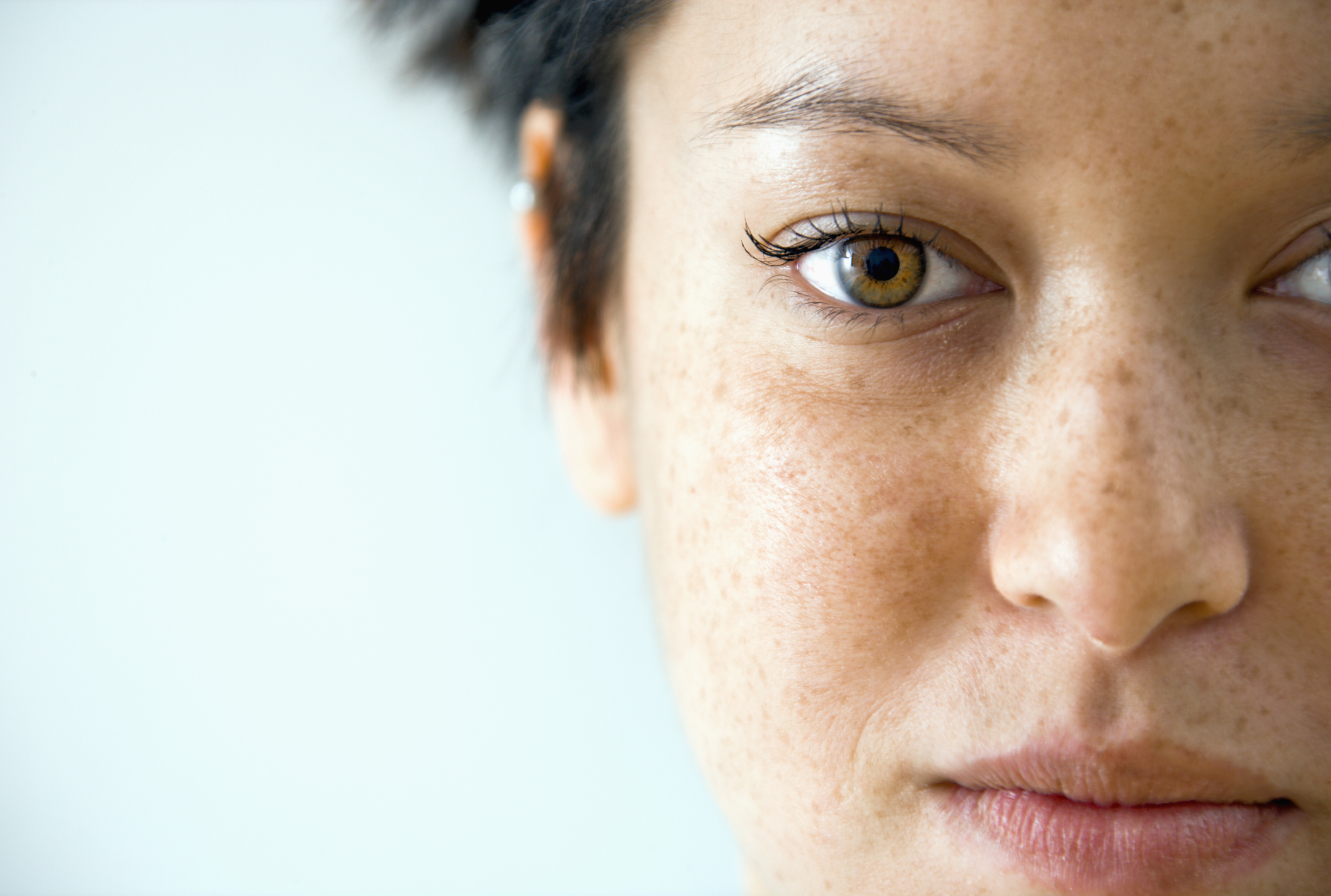
What is Pigmentation?
Pigmentation refers to our natural skin colouring, where the production of melanin in our skin cells is responsible for the skin’s colour or pigmentation.
Skin pigmentation concerns can affect all of us at some point in our lives. The distribution of pigment through the skin should be even, however concerns can arise as a result of sun exposure, hormones, skin trauma and other lifestyle or genetic factors, that can cause an over- or under-production of melanin, known as hyperpigmentation and hypopigmentation respectively. Hyperpigmentation, commonly seen as freckles, suns spots, liver spots and uneven skin tone, are commonly associated with skin ageing, while hormonal pigmentation is often referred to as Melasma.
With advanced technologies and prescription skin care the effects of pigmentation can be reversed, not only giving you a more even-toned, radiant complexion, but an added boost to your confidence. Let our Save Face- accredited Centre of Excellence treat your concerns with our clinically-proven, safe and effective skin pigmentation treatments.
How we can help
Treatments that can help
FAQs
You’ve probably got some questions, but before you get in touch, we’ve answered the most common ones here.
-
What is the main cause of skin pigmentation?
A number of factors can contribute to the development of pigmentation.
Genetic factors, including our skin type can make us more predisposed to developing freckles and sun spots sometimes appear during the late 30s after years of sun exposure. Lifestyle factors such as the overuse of sunbeds and not wearing a suitable SPF can also contribute to pigment changes within the skin.
Other factors that can lead to the development of pigmentation can be hormone-related such as pregnancy or the contraceptive pill.
Finally pigmentation changes can occur due to a condition commonly known as Melasma, a bilateral pigmentation of the skin, as well as skin trauma from injury, burns or blemishes from acne (post-inflammatory hyperpigmentation).
-
Can pigmentation be prevented?
While preventing pigmentation entirely is not possible, there are certainly steps that can be taken to minimise its development.
With the primary cause of hyperpigmentation being sun exposure, it’s vital to ensure your skin is protected daily with an SPF. During the warmer months keep exposed areas covered, wear a hat and sunglasses, always opt for shade and always avoid the use of sunbeds. Not only will this help minimise pigmentation development, but these actions will also reduce the risks of skin cancer.
In order to prevent post-inflammatory hyperpigmentation, which can result from acne and skin trauma, ensure that measures are taken to keep acne under control, avoiding picking and pulling at damaged skin as it undergoes the healing process.
If your pigmentation is hormonal, this may be due to birth control methods so you can try exploring other non-hormonal birth control methods that may be more suitable. If pigmentation occurs during or post-pregnancy, ensure you seek specialist medical advice.
Any measures taken to promote skin health such as a healthy, well-balanced diet, staying hydrated, having a good skin care regimen, adequate sleep, not smoking or consuming excessive alcohol will also have enhanced positive impacts on the overall health of your skin.
-
What are the treatments to reduce pigmentation?
When treating pigmentation, a good diagnosis is required first as this will determine the most appropriate treatment. It is important to remember that not all treatments are suitable for all types of pigmentation and incorrect treatment may increase pigment further. A good assessment of your skin type is also required to determine the risk of post-inflammatory pigmentation following any in-clinic treatments. If required, skin preparation can be administered prior to treatment.
Following a skin analysis with the Observ Skin scanner, you may be advised any of the following treatment options:
- Intense Pulse light (IPL) – a great treatment choice for a lighter skin types and concerns with sun damage, general pigmentation and sun spots, where a pulsing light passes over the skin, heating up the skin’s pigment (melanin). Over the following weeks the pigment breaks down, lifting to the surface of the skin where it gently exfoliates away. Over a course of treatments the skin will become much brighter and evenly toned.
- Obagi Nu Derm – the world’s leading prescription-strength skincare range, specifically formulated to transform the skin from within for younger, healthier-looking skin. The Obagi Medical® Product is extremely effective on all pigmentation types including melasma (dark spots), post-inflammatory hyperpigmentation, age spots, skin discoloration, uneven texture and tone, as well as those looking for skin lightening options. This treatment is better suited to a full face treatment rather than other body areas and it is suitable for any skin type and colour.
- Hydrafacial – this combines six separate skin rejuvenation procedures in one, with a patented technology. It is a perfect treatment, safe for all skin types and concerns including superficial pigmentation and uneven skin tone, with long-lasting results that can be seen immediately. The treatment can be performed fortnightly, as part of a skin health protocol or can be customised with boosters, such as skin brightening Brightonol to tackle pigmentation concerns.
- Chemical skin peels – treatments such as the Blue Peel Radiance can be good for superficial pigmentation concerns and for those looking to brighten their skin. Chemical peels involves applying a fruit acid peel to the skin which promotes exfoliation of the dead upper-skin cells, the outermost layer. Superficial peels will result in minimal downtime and a course of treatments will be recommended for best results.
Following your consultation your practitioner will advise on the best treatment for optimal results. We will ensure you have a good understanding of how the treatment will benefit your skin, including any downtime expected, treatment duration and costs.
-
How can ZO Skin Health help with skin pigmentation?
ZO® Skin Health products are specifically designed to be the best skin care for ageing skin by addressing both the visible signs and key triggers of ageing at every phase. It uses only the highest quality active ingredients like retinoids, Vitamin E, Vitamin C, Niacinamide, glycolic acid, lactic acid and more.
Following a consultation the best pigmentation regimen that works to brighten the skin, improve skin texture, repair your skin barrier and restore a healthy, youthful appearance to your skin will be prescribed.
-
Can the Advanced Nutrition Programme be used for my pigmentation?
To help improve the appearance of ageing skin including sun damage, freckles, sun spots and hormonal pigmentation, experts recommend supporting the skin with supplements from the Advanced Nutritional Programme (ANP) supplement range, alongside a healthy diet. Traditional skincare is turned inside out with the innovative, award-winning range of evidence-based skincare supplements.
While topical skincare only treats 50% of the skin on the surface, ANP potent nutritional blends feed your skin from within for a proven, 100% skincare approach. Your skin will certainly thank you for it.
Save Face Centre of Excellence
Contact us to book a consultation
Call 01782 922300
Email myskin@ssal.uk
Visit 513 Etruria Road, Basford, Stoke-on-Trent, ST4 6HT
Request a callback
"*" indicates required fields
Follow Along
Get offers, updates and skin advice delivered straight to your inbox



